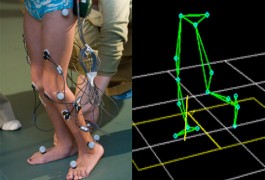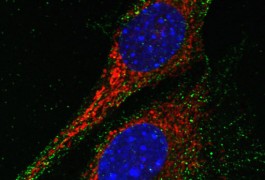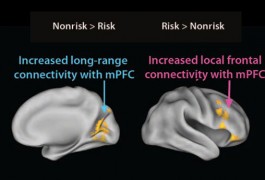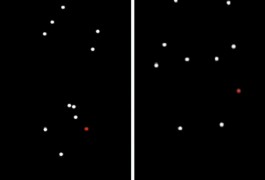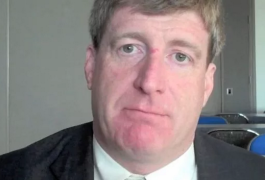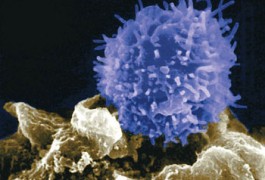IQ scores not a good measure of function in autism
Most studies define high-functioning children as those with an IQ above 70 or 80, but this is problematic for a number of reasons, say some scientists. The assumption underlying the use of high IQ as a synonym for high functioning is suspect because social and communicative abilities may have a far greater impact on an individual’s daily interactions.



